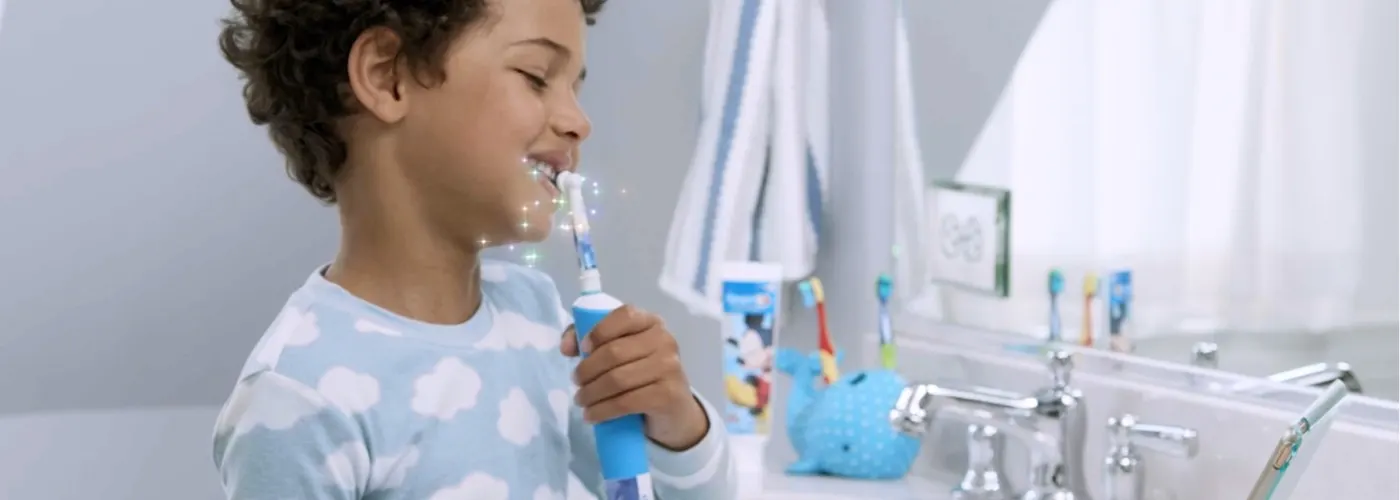
It’s not uncommon for a child to suck his or her thumb, lip or a finger, as a way to self-soothe or to help fall asleep.
When Do Children Stop Thumb Sucking?
Most children outgrow thumb sucking between ages 2 and 4 years, which is the time when the first baby teeth fall out and permanent teeth appear. But it’s important to break a child of a thumb-sucking habit before the permanent teeth start to arrive in order to prevent problems with tooth alignment and development of the mouth.
Is Thumb Sucking Bad?
How intensely your child sucks his or her thumb can make a difference in the risk of problems with dental health later on. A child who sucks their thumb or finger aggressively is at greater risk for damaging teeth than a child who keeps a thumb or finger passively in their mouth.
How to Stop Thumb Sucking
Any type of thumb, finger or lip sucking is a habit that should be broken. It’s not always easy, but it can be done. Try these tips:
Catch them being good. Notice when the child is not sucking a thumb and praise him or her effusively, rather than scolding when the child is sucking the thumb.
Provide calmness and comfort. Many children suck a finger or thumb when they feel anxious. Try to determine any specific causes of anxiety for your child that might prompt thumb sucking, and address them.
Enlist their help. Ask older children to help develop methods to break the habit. For example, older children may only suck a finger or thumb at night. Try putting a sock over the hand or taping two fingers together with athletic tape.
Enlist the dentist. Ask your child’s dentist to support and encourage the child to break a thumb or finger-sucking habit.
Related Articles
Sign Up
for expert advice and exclusive offers








